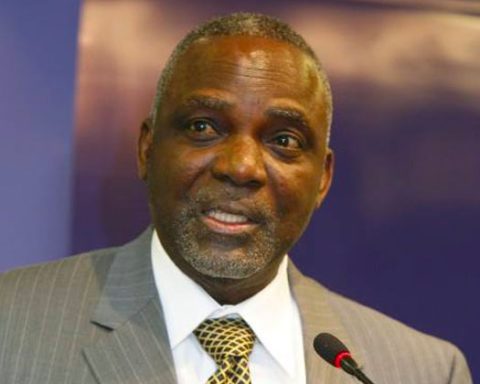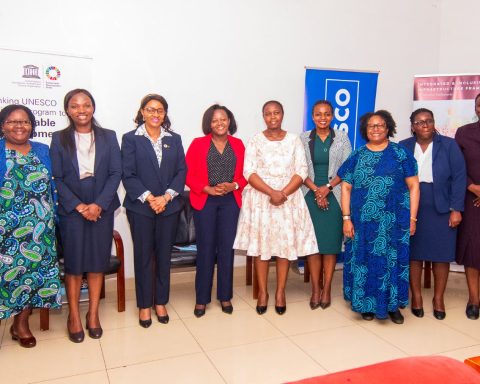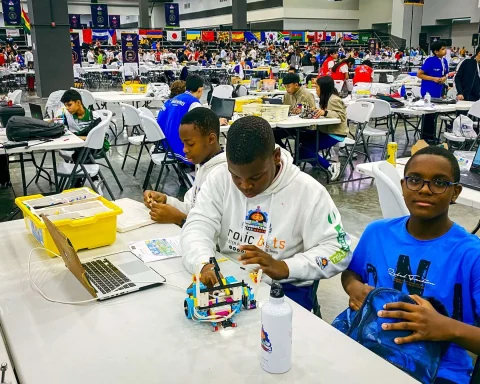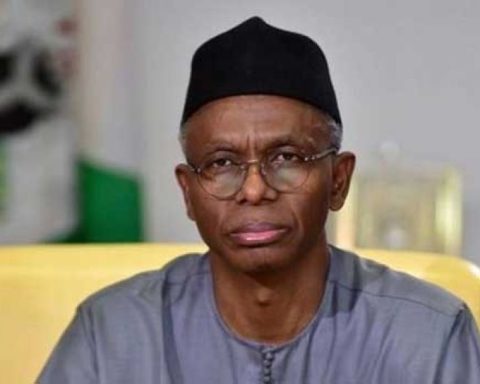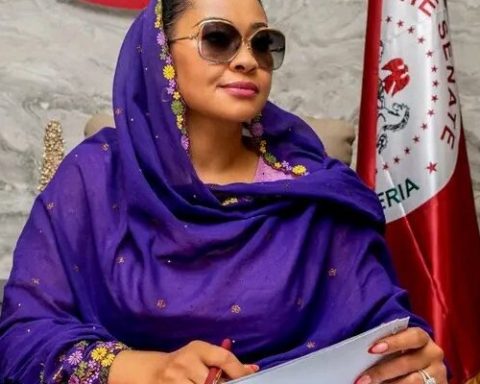Nigeria’s Minister of Education, Dr. Maruf Olatunji Alausa, has disclosed that not less than 20,000 children have been reintegrated into formal education across the country.
Alausa said this was done through the Nigeria Education Sector Renewal Initiative (NESRI).
Join our WhatsApp ChannelSpeaking during a recent Citizens and Stakeholders Engagement forum, the minister also revealed that through NESRI, 4,000 Tsangaya teachers were trained to support inclusivity.
READ ALSO: Maths In Crisis: 464 South African Schools Ditch Subject Due to Teacher Shortage
He expressed concern that over 15 million out-of-school children and 45 million were classified as learning poor.
He reiterated the Federal Ministry of Education’s commitment to transforming Nigeria’s education system.
Alausa highlighted six priority areas under the NESRI, aimed at shifting Nigeria from a resource-dependent to a knowledge-driven economy.
He added that NESRI focuses on literacy improvement, data digitisation, and access to quality education.
He outlined key achievements of the ministry in education, which include the inauguration of governing councils for 10 new universities, licensing of 11 private universities, and deployment of digital platforms for quality assurance. The LUMINAH Girls’ Dual Initiative, targeting one million girls in 12 pilot states by 2030, and the expansion of the AGILE project from 18 to 29 states, were also highlighted.
Speaking on efforts to improve technical education, the minister noted there has been significant growth in health-related enrolment—from 28,000 to 115,000 students— in 18 institutions selected for high-impact development. He also hinted that there are efforts to create partnerships to strengthen Technical and Vocational Education and Training (TVET) and Science Technology Engineering and Mathematics (STEM) programmes.
According to a statement signed by Boriowo Folasade, Director Press and PR, Ministry of Education, over 202,000 students have benefited from the Education Data Repositioning Initiative. It further stated 3,198 teachers have been trained through a digital quality assurance programme, supported by a revised primary curriculum and a new teacher development framework.
Minister of State for Education, Professor Suwaiba Sa’id Ahmad, launched the National Policy on Anti-Bullying in Schools and inaugurated the Anti-Bullying Committee, urging community participation to curb school violence and promote inclusive education.
Permanent Secretary Mr. Abel Olumiyiwa Enitan commended the Ministers’ dedication and reaffirmed the government’s commitment to educational transformation.


